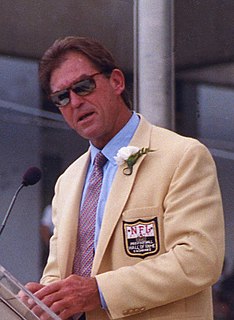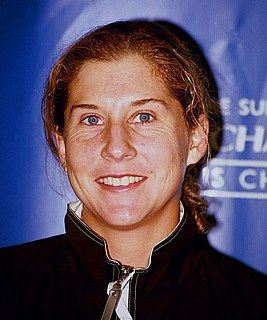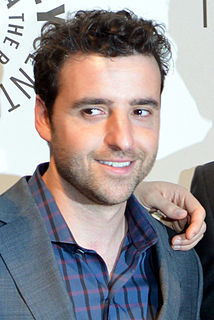A Quote by John Guare
I think that some of these plays are lost in this new horror called development, which is a place for dramaturgs to say "let me tell you what your play means," and the life gets sucked out of a play.
Related Quotes
All you gotta do is think of the song in your head. And it doesn't matter whether you can play it or not, you can get somebody to play it. With songs I've written, there's a song called "The Statue", which I can't play. There are songs that I've written that I've actually just hummed on - there's a song on one of the albums they have there on the Internet called "My Love Was True" and it's almost operatic. I can't play it. But I can sing it.
I'm always happiest trying new instruments - and honestly enjoy playing, say, the glockenspiel with Radiohead as much as I do the guitar. I think regular touring has forced me to play the guitar more than anything else, which is why I'm probably most confident playing that. And whist I'd be lost if I couldn't play it too, I dislike the totemic worship of the thing... magazines, collectors, and so on. I enjoy struggling with instruments I can't really play.
If you think of dramaturgy in North America, which is so realistic and so literal sometimes, sometimes what theaters - especially dramaturgs - ask for is more information, which sometimes can really weigh down a play. There's only so much information a play can have. If you start putting in so much information, it becomes something completely different, it doesn't sing.
[Phil wood] put on some [Igor] Stravinsky and say to follow the score, tell me to play me the opening to the Rite of Spring. Or, "I'm going to play you some 20th century obscure classical composer you don't know". Or, "Let's listen to some Charles Ives, let's sight read some Bartok violin duets", etc.
If you're neurotic and you think, I'm not where I deserve to be or my mother didn't love me, or blah, blah, blah, that lie, that neurotic vision, takes over your life and you're plagued by it 'til it's cleansed. In a play, at the end of the play, the lie is revealed. [T]he better the play is, the more surprising and inevitable the lie is, as Aristotle told us. Plays are about lies.
I decided that I want to live the rest of my life happy with what I'm doing. So when I play tennis again, I have to play it for the right reason. I don't want to play to get my No. 1 ranking back. I don't want to play for the attention, or to earn more. I don't even want to play because the world wants to see me do it, even though it's nice to know that the world is interested. I only want to play because I love the game, which is the reason I began to play at age seven in the first place.
I was doing a Broadway play, and I was really new to this business. The Broadway play was my first job, literally. The play next door was a musical called Falsettos. The director got hired to direct this Michael J. Fox movie and was looking for a kid who could play brash and salty and mean [in Life With Mikey].
Plays are literature: the word, the idea. Film is much more like the form in which we dream - in action and images (Television is furniture). I think a great play can only be a play. It fits the stage better than it fits the screen. Some stories insist on being film, can't be contained on stage. In the end, all writing serves to answer the same question: Why are we alive? And the form the question takes - play, film, novel - is dictated, I suppose, by whether its story is driven by character or place.
I was doing a play in New York, which we had done in New Haven, Connecticut. It was an American premiere of a play called The Changing Room written by a wonderful man named David Story. It was about a rugby team in the North of England. It got just screaming rave reviews. At that time, virtually every major critic went up to the Long Wharf Theater to see a new play like that.





































